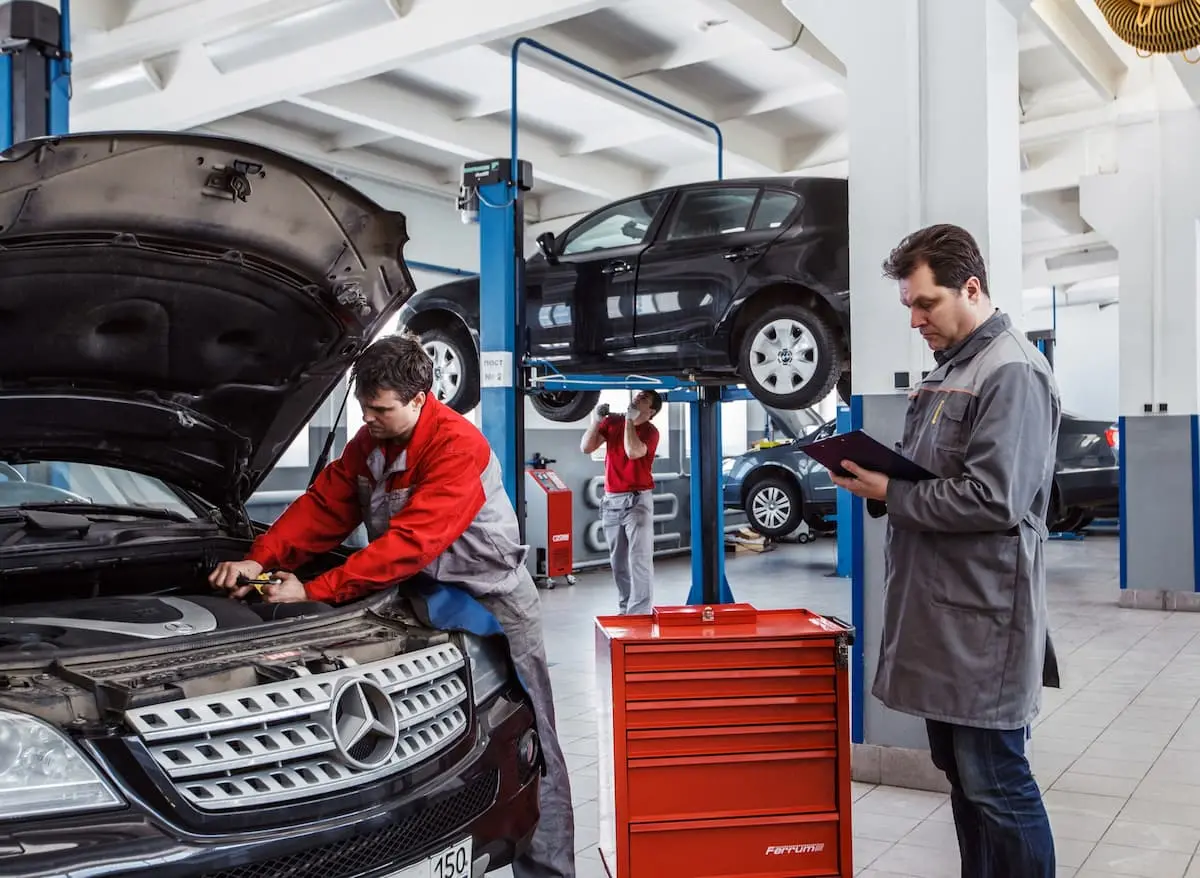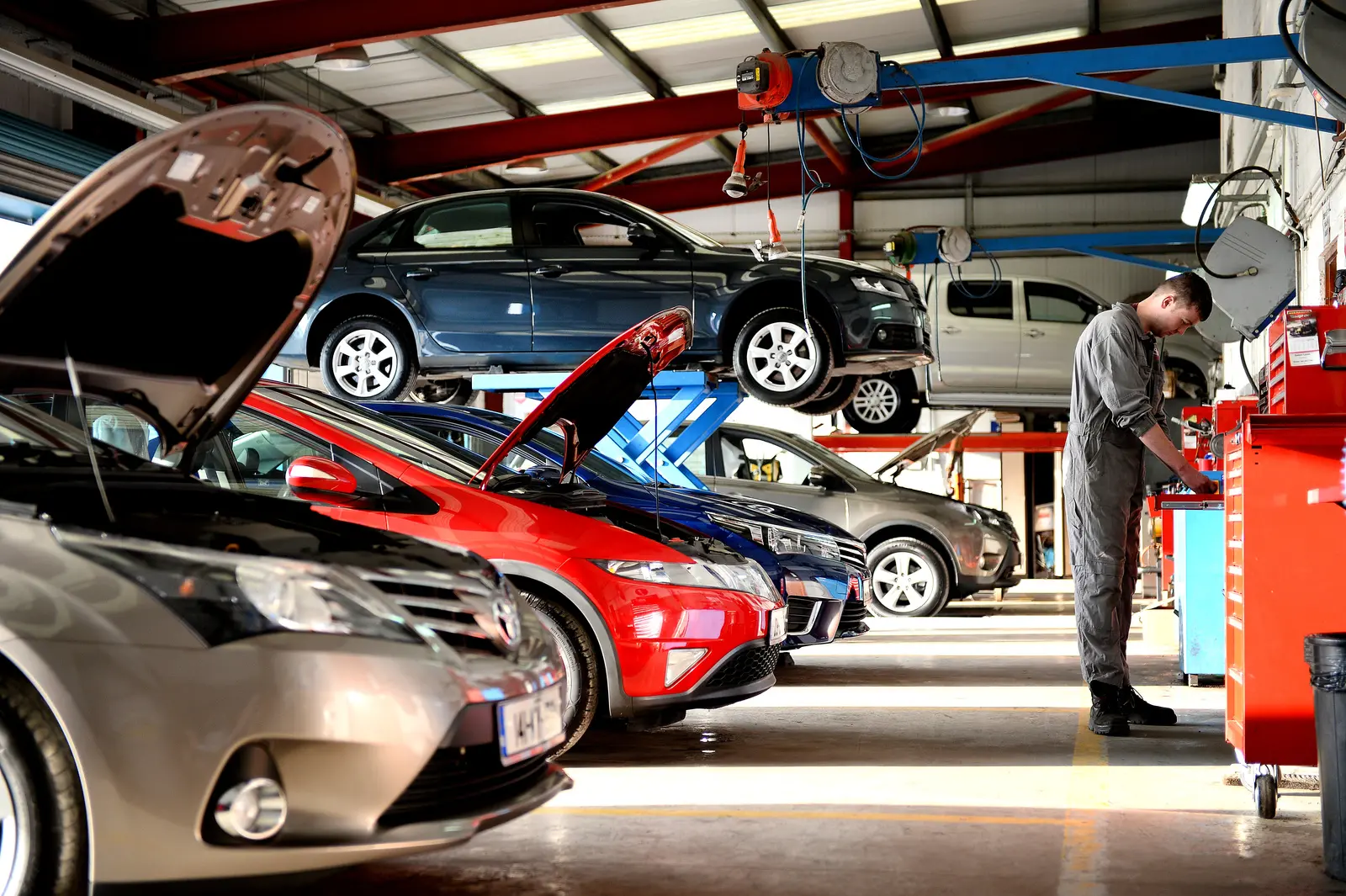When it comes to enhancing the Performance of your vehicle, car remapping and tuning are two popular methods that can significantly improve its power, torque, and overall driving experience. However, these terms are often used interchangeably, leading to confusion among car enthusiasts. In this blog, we will delve into the difference between car remapping and tuning, helping you understand the distinct approaches and guiding you towards making an informed choice for your vehicle.
Understanding Remapping:
It, also known as engine remapping or ECU tuning, involves modifying the software settings of the engine’s control unit (ECU). The ECU is responsible for managing various aspects of the engine’s Performance, including fuel injection, ignition timing, turbocharger pressure, and more. Through remapping, the manufacturer’s default settings are customized to optimize the engine’s Performance, often resulting in increased power output and improved fuel efficiency.
The process of remapping typically involves connecting a specialist tool to the vehicle’s OBD-II (On-Board Diagnostics) port, allowing access to the ECU’s software. Skilled technicians or professionals use specialized software to modify specific parameters within the ECU, such as fuel-to-air ratio, ignition timing, and turbocharger boost levels. These adjustments are tailored to suit the individual vehicle’s characteristics and the owner’s preferences.
Benefits of Remapping:
Increased Power and Torque
Remapping can unlock hidden potential in your vehicle’s engine, resulting in a significant boost in power and torque. This enhanced Performance can improve acceleration and overtaking capabilities.
Improved Fuel Efficiency
By optimizing the fuel-to-air ratio and other parameters, remapping can lead to more efficient combustion, resulting in improved fuel economy. This can be particularly beneficial for those who cover long distances or have high fuel consumption.
Customized Performance
Remapping allows for a personalized approach to performance enhancement. Whether you prefer a sportier driving experience or a focus on fuel efficiency, the remapping process can be tailored to your specific needs and driving style.
Non-invasive Modification
Unlike physical modifications like adding aftermarket parts or replacing components, remapping is a non-invasive process that does not require any physical alterations to the engine. This means that the vehicle’s warranty remains intact, and the process can be reversed if necessary.
Understanding Car Tuning
Car tuning refers to the process of making physical modifications to a vehicle’s engine and other components to improve Performance. Unlike remapping, which focuses on software adjustments, tuning involves replacing or modifying hardware components such as air intakes, exhaust systems, intercoolers, turbochargers, and more.
Car tuning can range from basic modifications, such as replacing the air filter or exhaust muffler, to extensive upgrades that may include installing aftermarket performance parts, upgrading the suspension system, and even engine overhauls. Tuning often requires the expertise of skilled mechanics or performance specialists who can properly install and calibrate the upgraded components.
Benefits of Car Tuning:
Enhanced Performance
Car tuning can achieve substantial gains in power, torque, and overall Performance. Upgraded components and modifications like larger turbos, performance exhaust systems, and improved air intakes can significantly improve the vehicle’s acceleration, top speed, and handling.
Customizable Modifications
Car tuning allows for a wide range of modifications, offering customization options for various aspects of the vehicle, including aesthetics, handling, and sound. This flexibility allows car enthusiasts to create a personalized driving experience tailored to their preferences.
Unique Sound and Style
Upgrading the exhaust system or adding a performance muffler can produce a more aggressive and distinct engine sound, enhancing the overall driving experience. Additionally, cosmetic modifications like body.
Remapping vs Car Tuning
Cost:
remapping is generally more cost-effective compared to car tuning. Remapping involves modifying the existing software, while tuning often requires purchasing and installing aftermarket parts, which can be expensive. If budget is a concern, remapping might be a more viable option.
Safety and Reliability:
Remapping, when performed by experienced professionals using reputable software and tools, is generally a safe and reliable process. Since it focuses on software adjustments within the manufacturer’s specifications, it maintains the integrity of the engine and other components. On the other hand, car tuning involves physical modifications, which can potentially affect the reliability and longevity of the vehicle if not done properly.
Legal Considerations:
It is important to be aware of legal considerations when modifying your vehicle. While remapping is generally accepted and legal in most jurisdictions, some countries or regions have regulations regarding the level of modification allowed. Car tuning, especially when it involves extensive modifications, may require compliance with local laws, emissions regulations, and certification standards.
Warranty Implications:
remapping, if performed by a reputable and authorized professional, usually does not void the manufacturer’s warranty. However, it is important to check with your vehicle manufacturer or dealer to ensure that any modifications made are within the warranty guidelines. Car tuning, particularly when it involves major hardware modifications, can potentially void the warranty, so it’s essential to consider this aspect before making any changes.
Skill and Expertise:
remapping requires skilled technicians who are knowledgeable about the specific software and parameters of your vehicle’s ECU. On the other hand, car tuning may require a broader range of expertise, including mechanical skills, an understanding of different aftermarket components, and calibration techniques. It is advisable to seek professional assistance for both remapping and tuning to ensure the best results and avoid any potential issues.

Choosing the Right Option:
When deciding between remapping and car tuning, consider the following factors:
- Your performance goals and priorities: Determine whether you are seeking more power, improved fuel efficiency, or a balance between the two.
- Budget: Assess how much you are willing to spend on modifications.
- Legal and warranty considerations: Research and understand the regulations and warranty implications in your region.
- Available expertise: Evaluate the availability of reputable professionals who can perform the desired modifications.
Conclusion:
Both car remapping and car tuning offer distinct approaches to enhancing your vehicle’s Performance. Remapping focuses on software adjustments within the ECU, while car tuning involves physical modifications to the engine and other components. The choice between the two depends on your performance goals, budget, legal considerations, and available expertise. Ultimately, seeking professional advice and assistance is crucial to ensure a successful and safe modification process.

